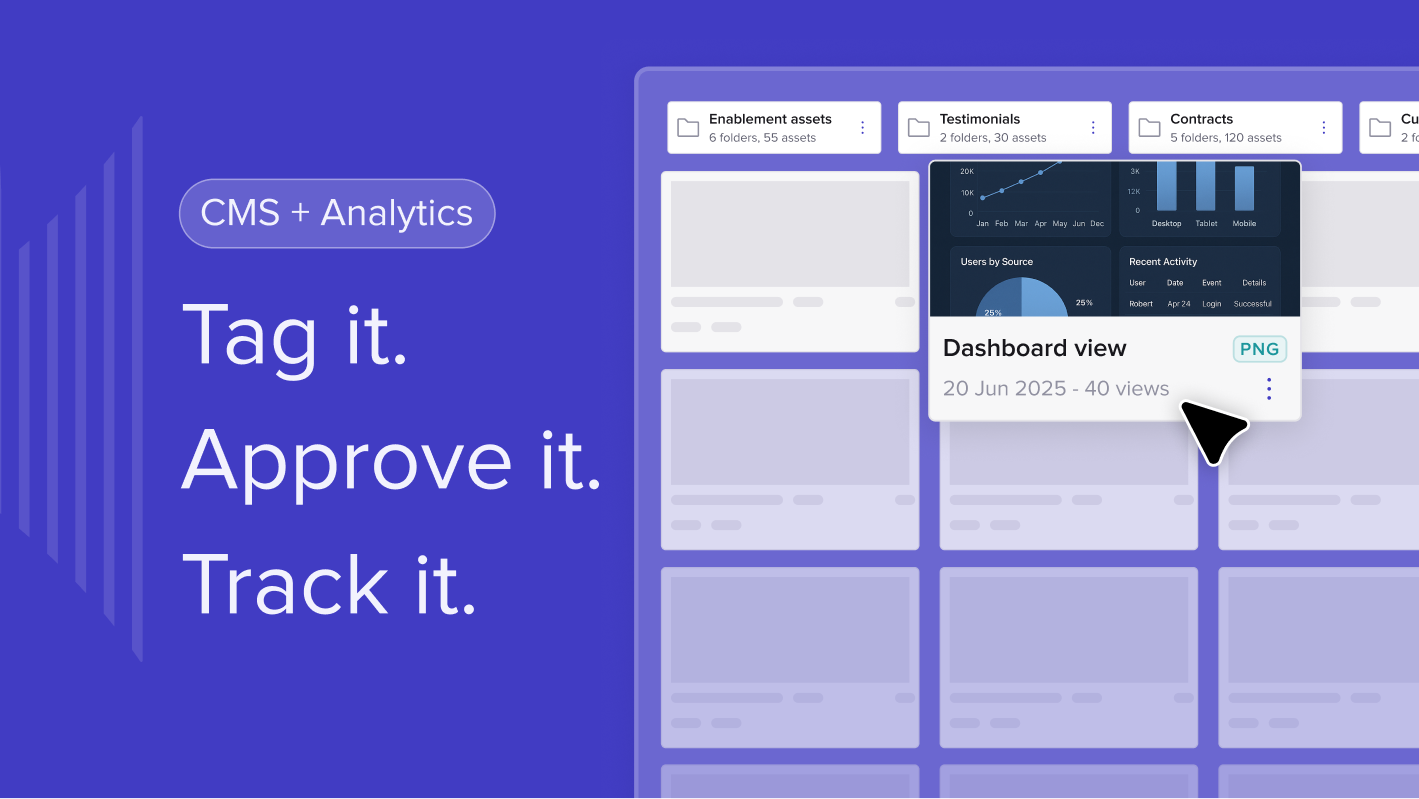Ever wondered what sets successful B2B sales teams apart? It's not just luck or charm—it's a well-crafted sales plan backed by Revenue Intelligence.
What is a sales plan, you ask? It's your roadmap to success, guiding your team towards hitting those all-important sales goals.
Whether you're a seasoned pro or just starting out with Account Based Selling, having a solid sales strategy can make all the difference in today's competitive market.
In this article, we'll dive into the nitty-gritty of sales planning. You'll learn how to create a strategic sales plan that works for your business, set realistic sales objectives, and choose the right sales tactics to reach your targets.
We'll also cover how to measure your progress and adjust your plan as needed. By the end, you'll have the tools to develop a sales plan strategy that can boost your team's performance and drive your business forward.
What is a Sales Plan?

A sales plan is your roadmap to success in the world of business. It's a strategic document that outlines your sales goals, tactics, and the steps you'll take to achieve them. Think of it as the hub around which your company's operations revolve.
This plan isn't just about setting targets; it's about crafting a comprehensive strategy that includes analysing your resources, deciding how to use them, and describing specific activities to reach your objectives.
Your sales plan should cover essential areas like your target market, sales forecast, and the tools your team will use day-to-day.
It's also crucial to include potential hurdles and how you'll overcome them. Remember, a good sales plan is tailored to your organisation's culture and processes, making it a unique guide for your business's growth and success.
Think of it as the hub around which your company's operations revolve, similar to how a Digital Sales Room centralises your sales process.
Benefits of Creating a Sales Plan

Creating a strategic sales plan has numerous advantages for your business. It helps you set clear, achievable sales goals and objectives, providing a roadmap for success. With a well-crafted plan, you can better allocate resources, optimise your sales strategy, and drive your team's performance.
A sales plan also allows you to measure progress effectively, making it easier to identify areas for improvement and adjust your tactics as needed. By establishing specific targets and timelines, you boost motivation and accountability within your sales team.
Additionally, a comprehensive sales plan aids in forecasting revenue more accurately, which is crucial for making informed business decisions. Ultimately, a solid sales plan strategy aligns your sales efforts with broader company objectives, fostering unity and cooperation across departments.
With a well-crafted plan, you can better allocate resources, optimise your sales strategy, and drive your team's performance, leading to improved Customer Success.
5 Essential Steps to Develop an Effective Sales Plan
To create a strategic sales plan, you need to follow a structured approach. Start by setting clear, achievable sales goals using the SMART model and gather insights using Forms & Surveys to define your target market.
Next, define your target market by creating detailed buyer personas.
Then, develop your unique selling proposition to stand out from competitors. After that, outline your sales tactics and strategies to reach your objectives. Finally, establish key performance indicators (KPIs) to measure your progress.
By following these steps, you'll craft a comprehensive sales plan strategy that aligns your team's efforts with your company's overall goals, helping you to boost performance and drive revenue growth. After that, outline your sales tactics and strategies to reach your objectives, which can be effectively managed using a Mutual Action Plan.
How to Measure and Adjust Your Sales Plan

To measure and adjust your strategic sales plan effectively, you need to focus on data-driven decision-making using Data Insights & Signals. Start by setting up key performance indicators (KPIs) that align with your sales objectives.
These might include conversion rates, average deal size, or sales cycle length. Use your CRM system to track these metrics regularly, allowing you to spot trends and identify areas for improvement.
Remember, your sales plan isn't set in stone.
It's a living document that should evolve based on your team's performance and market conditions.
By consistently analysing your data and making informed adjustments, you can keep your sales strategy on track and maximise your team's effectiveness in reaching those all-important sales goals.
Use your CRM system, integrated with your sales tools, to track these metrics regularly, allowing you to spot trends and identify areas for improvement.
Conclusion
A well-crafted sales plan is your ticket to success in the competitive business world. It's not just about setting targets; it's about mapping out a strategy that aligns your team's efforts with your company's goals.
By following the steps we've outlined, you'll be well on your way to creating a plan that boosts performance and drives revenue growth. Remember, your sales plan isn't set in stone - it's a living document that should evolve based on your team's performance and market conditions.
So, what's next?
It's time to put your plan into action!
Start by setting those SMART goals, defining your target market, and outlining your unique selling proposition.
Keep an eye on your KPIs and be ready to adjust your tactics as needed. With a solid sales plan in your toolkit and Account Based Selling strategies, you're all set to take your business to new heights.

.svg)
.svg)
.svg)
.svg)
.svg)
.svg)
.svg)
.svg)
.svg)
.png)
.svg)
.svg)
.svg)
.svg)

.svg)
.svg)
%201.svg)
.svg)
%201.svg)



.svg)





.png)
















![How to Get Started with Buyer Enablement [With Examples]](https://cdn.prod.website-files.com/65cf4fecbed2754c2236665d/65cf4fecbed2754c22366bdb_65a5af83e742f76e34ce06f3_Customer%2520Onboarding%2520_%2520Everything%2520you%2520need%2520(2).png)
.png)



.png)



.png)









.png)


.png)

.png)
.png)







